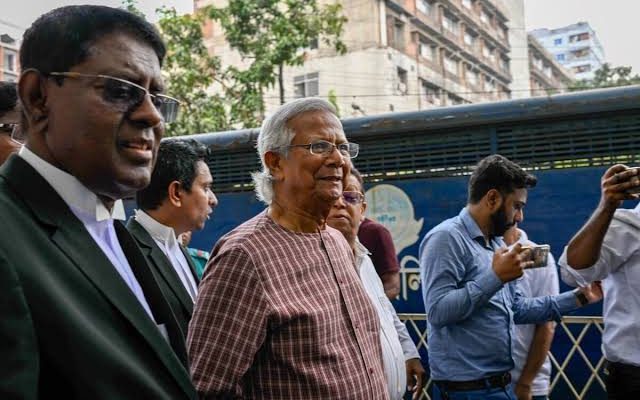In a significant move towards addressing longstanding allegations of human rights abuses, Bangladesh’s interim government has established a commission to trace and identify victims of forced disappearances that occurred during the 16-year rule of deposed Prime Minister Sheikh Hasina. The commission, announced on Tuesday, is tasked with investigating cases of enforced disappearances from January 1, 2010, until August 5, 2024, when Hasina’s government was overthrown in a mass uprising.
According to the official notification, the five-member commission comprises two retired High Court judges, two human rights activists, and a university professor. This panel is responsible for tracing missing individuals and probing the circumstances under which they were allegedly abducted by various intelligence and law enforcement agencies.
The commission has been granted 45 working days to submit its findings to the government, as stipulated by the Commission of Inquiry Act of 1965. The scope of the investigation will include several key agencies, including the Criminal Investigation Department (CID), Special Branch, Intelligence Branch, and the elite Rapid Action Battalion (RAB), among others. These agencies, along with the paramilitary Border Guard Bangladesh, Coast Guard, para-police Ansar Battalion, and defense forces’ intelligence units, will all be scrutinized for their alleged involvement in these disappearances.
Human Rights Watch, citing local rights groups, has reported that Bangladesh’s security forces have been implicated in over 600 enforced disappearances since 2009. While some individuals were later released, brought to court, or reported to have died in encounters with security forces, nearly 100 people are still missing, according to the watchdog.
This commission represents a pivotal step in addressing the grievances of families who have long sought justice for their missing loved ones. The interim government’s decision to investigate these cases underscores the serious nature of the allegations and the growing demand for accountability in Bangladesh.




